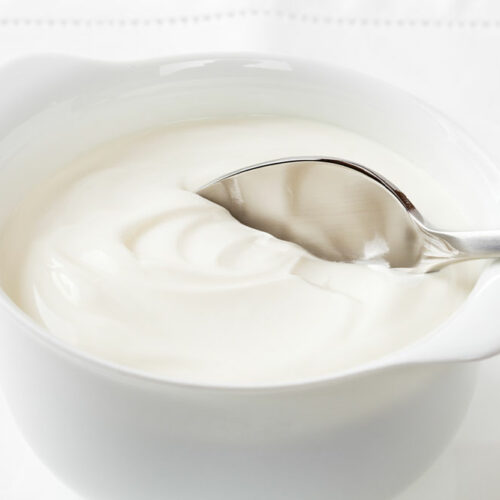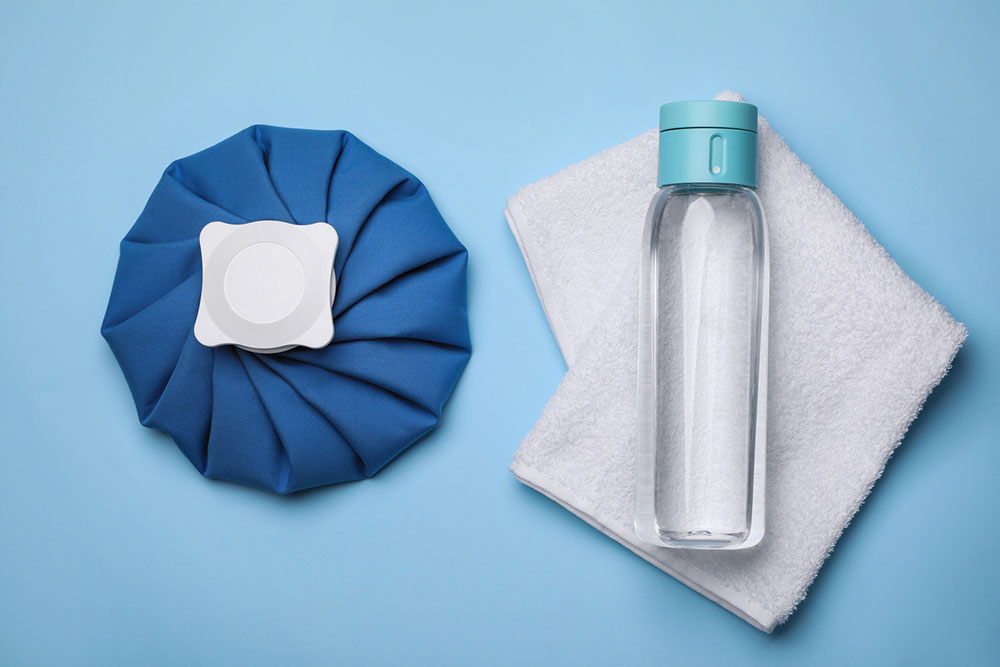Managing ataxia – 4 early signs to look out for

Ataxia is a condition that causes one to move in an uncertain, clumsy, or awkward manner. It is often an indicator of problems in the brain, ears, or nervous system. One of the primary causes includes damage to the parts of the brain that control coordination, mainly the cerebellum. However, it can also occur due to strokes, brain degeneration, and genetic disorders. Read on to know more about ataxia’s early symptoms. The condition can develop over a period of time or suddenly. Listed below are some of the early signs of ataxia. Problems with balance or coordination Usually, balance and coordination problems are one of the early signs. This is the most common and noticeable symptom as it can cause a person to stumble or fall due to a lack of muscle coordination. Ataxia can also cause problems with balance, and it can lead to clumsiness and an unsteady gait. Slurred speech In most cases, people with ataxia may experience problems with their speech along with using their hands and fingers. This can lead to slurred or unclear speech, which can often be incredibly difficult to understand. The patient can experience problems controlling their speech volume, pitch, and rhythm. Hence, if one experiences the development of this symptom, they must seek medical attention at the earliest.






